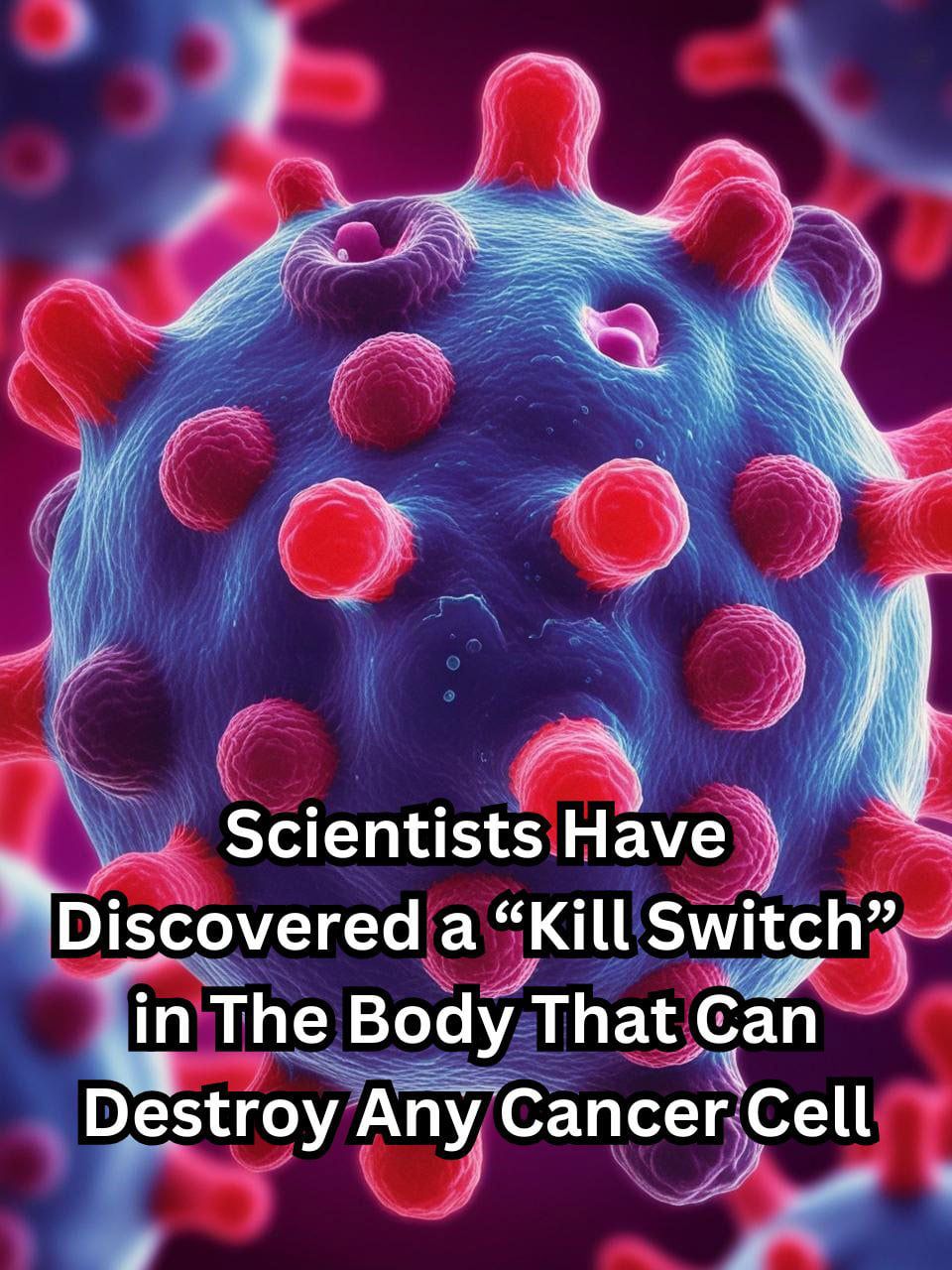In the battle against cancer, researchers are constantly looking for new strategies to fight the good fight. Recent findings from the UC Davis Comprehensive Cancer Center have come across a promising new route in treatment options: the CD95 receptor, commonly known as Fas.1 This receptor, previously overlooked in immunotherapy, has turned out to be a potential “kill switch” capable of inducing programmed cell death in cancer cells. This breakthrough, published in the journal “Cell Death & Differentiation”, holds incredible promise for revolutionizing treatment.

Stopping Cancer Fas(t)
CD95 receptors, aptly dubbed death receptors, play a crucial role in regulating programmed cell death, or apoptosis. These receptors are found on the surface of cells and, when activated, initiate a number of molecular events that eventually lead to cell self-destruction. While important in cellular homeostasis, it is easy to see the therapeutic potential of these receptors in cancer treatment, which has been largely unexplored until now.
UC Davis associate professor Jogender Tushir-Singh and his team sought to unravel the mysteries of Fas and its implications for cancer therapy. Through experimentation and analysis, they identified a Fas receptor epitope that triggers cell death in cells.2 This discovery represents a significant milestone in cancer research, offering new avenues for therapeutic intervention.
One of the biggest challenges in cancer treatment is therapeutic resistance, which is when the cells evade or develop resistance to conventional therapies such as chemotherapy and radiotherapy. Immunotherapies, including CAR T-cell therapy, have emerged as promising alternatives but aren’t as effective against solid tumors.3 The discovery of the Fas epitope could steamroll any cell evasion through induced cell death.
What’s The Purpose Of Life
The implications of targeting Fas in cancer therapy are far-reaching. Not only does this approach offer a novel strategy for overcoming therapeutic resistance, but it also holds promise for improving the outcomes of existing immunotherapies. By harnessing the power of Fas-mediated cell death, researchers envision a future where cancer treatment is more targeted, effective, and personalized.
Hope for the Future
While this is a tremendous breakthrough, translating these findings into clinical applications poses its own set of challenges. Further research is needed to find optimal therapeutic strategies for targeting different types of cancer. Additionally, there is still rigorous preclinical testing needed and clinical trials to assess safety before we get to human patients.
The journey towards harnessing Fas requires collaborative efforts from multiple teams of researchers, clinicians, and industry partners. By pooling their expertise and resources, we should be able to see real benefits for cancer patients worldwide.
As a new era in cancer therapy begins (thanks to Fas) there is renewed hope for patients and families affected by this devastating disease. With continued dedication, innovation, and collaboration, we can alter the bleak outlook of cancer treatment into something hopeful and bring us closer to a future where this disease is no longer a life-threatening one.
Sources
“Researchers identify ‘switch’ to activate cancer cell death.” UC Davis. October 23, 2023.
“Scientists Find ‘Kill Switch’ That Activates Cancer Cell Death in The Lab.” Science Alert. Carly Cassella. November 23, 2023.
“Characterizing the regulatory Fas (CD95) epitope critical for agonist antibody targeting and CAR-T bystander function in ovarian cancer.” Nature. Tanmoy Mondal, Himanshu Gaur, Brice E. N. Wamba, Abby Grace Michalak, Camryn Stout, Matthew R. Watson, Sophia L. Aleixo, Arjun Singh, Salvatore Condello, Roland Faller, Gary Scott Leiserowitz, Sanchita Bhatnagar and Jogender Tushir-Singh. October 14, 2023.


